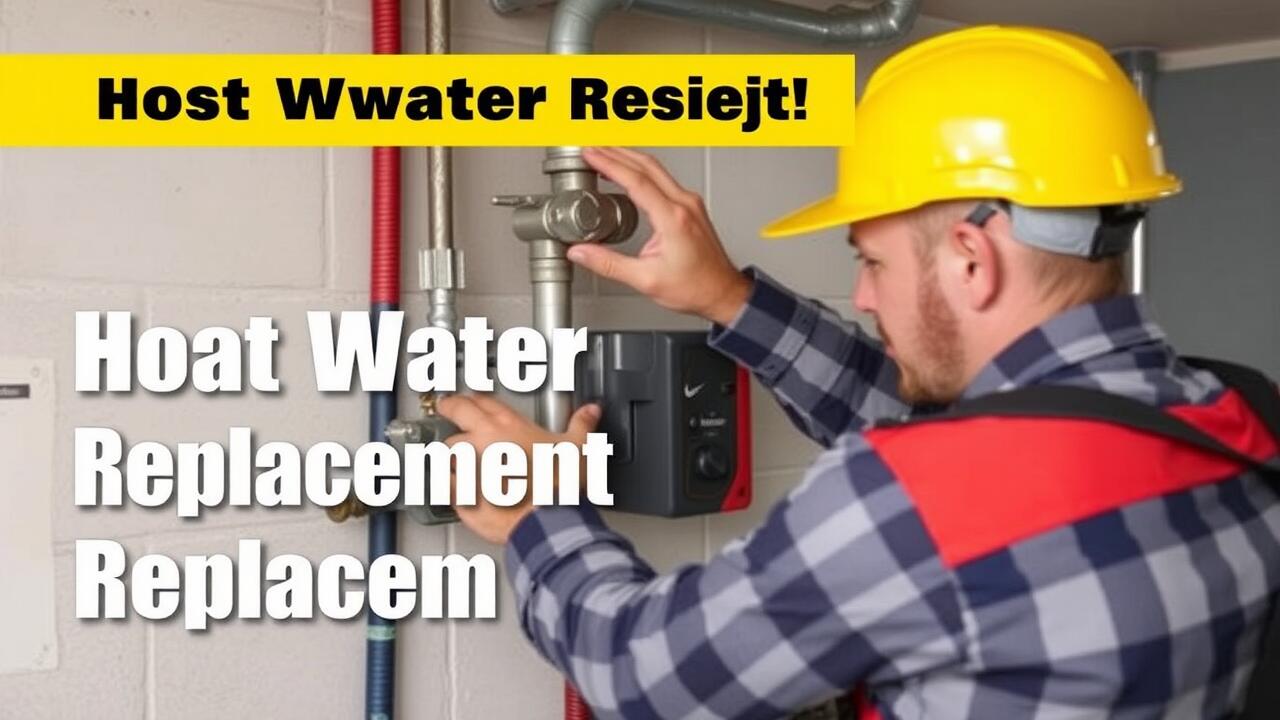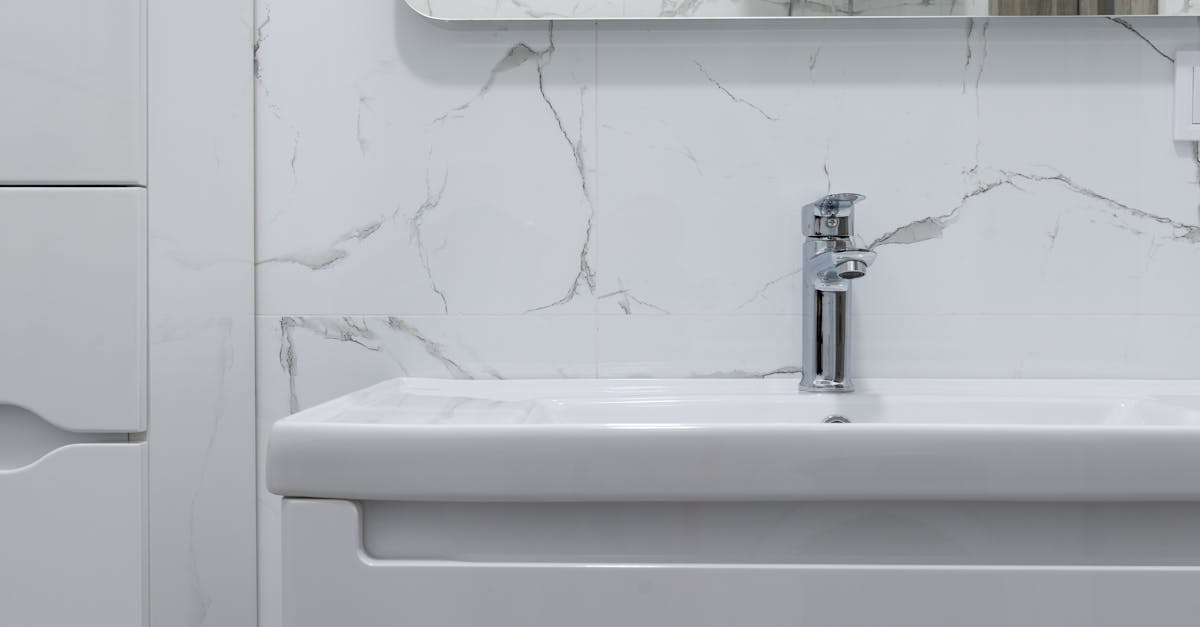
Table Of Contents
Types of Solar Hot Water Systems
Solar hot water systems come in various types, primarily categorized as active and passive systems. Active systems utilize pumps and controls to circulate water, making them suitable for a range of climates. These systems can include both direct circulation systems, which use clean water, and indirect circulation systems, which often employ antifreeze solutions for freeze protection. On the other hand, passive systems rely on natural convection and gravity to circulate water. These systems tend to be more affordable and simpler to install, making them appealing for homeowners looking for efficient hot water system replacements.
When considering a hot water system replacement, it is essential to understand the unique benefits of each type. Active systems generally provide better performance in colder climates, where hot water demand is higher. Conversely, passive systems are known for their longevity and minimal maintenance requirements. Both options present viable alternatives to traditional water heating methods, offering energy savings and environmental benefits. Prospective buyers should weigh their specific needs against the advantages of these solar technologies to make an informed decision.
Active vs. Passive Systems
Active solar hot water systems employ mechanical components such as pumps and controllers to circulate water or heat transfer fluid through the system. These systems are designed to maximize efficiency by ensuring that water is heated quickly and delivered consistently to where it is needed. The increased complexity often results in higher initial costs compared to passive systems. However, the ability to control the temperature and flow of water makes them an appealing option for those looking for reliable performance.
Passive solar hot water systems, on the other hand, rely on natural convection and gravity to distribute heated water. These systems typically have fewer moving parts, which contributes to lower maintenance costs over time. Although they may not achieve the same efficiency levels as active systems, they can be more affordable and easier to install, making them a viable option for homeowners considering hot water system replacement. The choice between active and passive systems ultimately depends on individual needs and budget considerations.
Government Incentives and Rebates
Various government agencies offer incentives and rebates to encourage the adoption of solar hot water systems. These financial programs can significantly reduce the upfront costs associated with installation. Homeowners may be eligible for tax credits, state incentives, or local utility rebates, depending on their location. Such financial assistance can make a solar hot water system a more feasible option, particularly for those planning a hot water system replacement.
In addition to cash rebates, some programs offer low-interest loans designed to help cover installation expenses. These loans can be beneficial for homeowners who may not have the available funds to pay for the entire system upfront. Utilizing these incentives not only offsets the initial costs but can also lead to reduced long-term operational expenses. As more consumers seek sustainable options, understanding and taking advantage of these available benefits becomes increasingly valuable.
Financial Assistance for Solar Installation
Homeowners looking to invest in solar hot water systems may find various financial assistance options to ease the upfront costs. Programs exist at both the federal and state levels, offering tax credits, grants, and low-interest loans. Some states have specific incentives that cater to energy-efficient upgrades, which can significantly lower the overall expenses involved in a Hot Water System Replacement. Being aware of these financial supports can enhance the affordability of solar installations.
In addition to government incentives, local utility companies may also offer rebates for residents who adopt renewable energy solutions. These rebates can provide an extra layer of financial relief for those considering a Hot Water System Replacement. Homeowners are encouraged to explore these programs thoroughly, as they can vary significantly based on location and eligibility criteria. Understanding all available options can lead to smarter financial decisions when transitioning to solar energy.
Comparing Solar Hot Water vs. Traditional Systems
Solar hot water systems offer distinct advantages compared to traditional water heating methods. These systems harness solar energy, resulting in reduced reliance on fossil fuels and significant savings on utility bills. Users often see a remarkable decrease in their monthly energy expenses as the sun provides a consistent and renewable energy source. Additionally, with proper installation and maintenance, solar hot water systems can have longer lifespans than conventional water heaters, making them an attractive option for long-term savings.
When considering hot water system replacement, the initial investment for solar technology may seem substantial. However, advancements in technology have led to more affordable options on the market. Energy efficiency plays a vital role in overall cost effectiveness, as solar systems can operate at lower costs over time. Homeowners also benefit from increased property value, passing potential savings down to future buyers. These factors contribute to a compelling case for transitioning to solar hot water systems.
Performance and Operational Costs
The performance of solar hot water systems can vary significantly depending on several factors, including geographic location, system design, and installation quality. These systems typically show high efficiency rates, especially in sunny regions. Some installations provide a substantial percentage of the household’s hot water needs, reducing reliance on conventional energy sources. Over time, this can lead to decreased utility bills, making the investment more appealing for homeowners seeking long-term savings.
Operational costs for solar hot water systems are generally lower than those associated with traditional water heating solutions. Maintenance requirements are minimal, often limited to periodic inspections and occasional cleaning of solar panels. In contrast, traditional systems may require more frequent repairs and energy consumption, leading to higher overall costs. When considering a hot water system replacement, homeowners often find that the reduced operational costs of solar systems contribute to a faster return on investment, enhancing their financial feasibility.
FAQS
What are the main types of solar hot water systems?
The main types of solar hot water systems include active systems, which use pumps and controls to circulate water, and passive systems, which rely on natural circulation and do not use mechanical components.
How do active and passive solar hot water systems differ?
Active systems are generally more efficient and can provide hot water even on cloudy days due to their pump mechanisms, while passive systems are typically easier to install and maintain but may be less efficient and reliant on warmer weather.
Are there any government incentives available for solar hot water systems?
Yes, many governments offer various incentives and rebates for installing solar hot water systems to promote renewable energy use. These can include tax credits, grants, and low-interest loans.
How can I find financial assistance for installing solar hot water systems?
Financial assistance for solar installations can be found through government programs, local utility companies, and private lenders. Researching available options can help reduce the upfront costs of installation.
How do solar hot water systems compare to traditional hot water systems in terms of performance and costs?
Solar hot water systems can offer lower operational costs due to reduced energy consumption, but the initial installation cost may be higher than traditional systems. Over time, the savings on energy bills can make solar hot water systems a more economical choice.





























